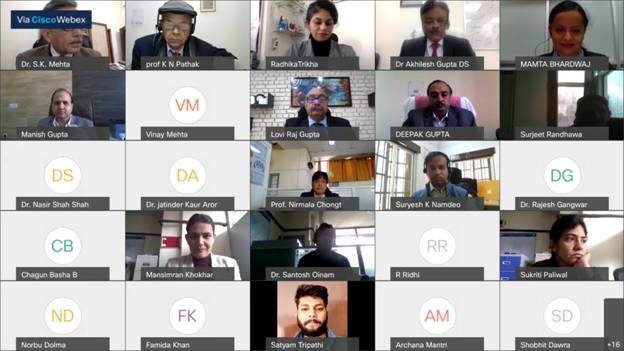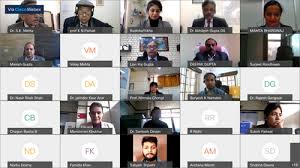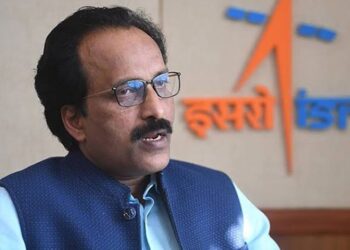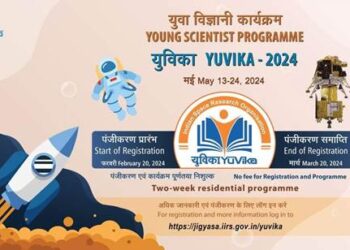Experts highlighted the need for centre-state cooperation, developing researchers’ network at state level and connecting them to national level, establishing centres of excellence in technologically backward areas and inter-institutional collaboration at the first post-draft consultation meeting of the 5th National Science Technology and Innovation Policy (STIP) organized on 21st January 2021.
“Suggestions, feedback and comments came up through this consultation have been quite insightful and will be taken forward in revising the draft STIP” Dr. Akhilesh Gupta, Head STIP Secretariat, pointed out at the Post-draft STIP consultation with thought leaders and representatives of Govt., Academia, and Industry from the Northern Region of India.
He highlighted recommendations of the STIP like a National STI observatory as a central repository for all kinds of data related to and generated from the STI ecosystem, INDSTA- a dedicated portal to provide access to the outputs of all public-funded research, one nation one subscription, research addressing solutions with focus on rural problems in India, support to grassroots innovators, creation of ‘engaged universities to the needs of community, equity and inclusion, greater engagement of Indian diaspora, positioning a national policy research institute, etc ’.
The draft STIP was put together by STIP Secretariat led by Dr Gupta with support available from the Office of Principal Scientific Adviser (PSA) to the Government of India (GoI) and the Department of Science & Technology (DST), GoI. The Secretariat carried out an extensive consultation process involving more than 43,000 stakeholders in India and abroad through over 300 rounds of discussions. The STIP was released for public consultation on 31st December 2020. Since then, a number of post-draft consultations have already been initiated to invite suggestions and recommendations. A series of consultations have been planned during next 2 weeks.
Professor Raj Kumar, Vice-Chancellor Panjab University, Chandigarh, who presided over the event, stressed the need for revisiting and refocusing of priorities taking in consideration the requirement of local people and connecting R&D with industry.
Representatives of government, academia, and industry came up with comments and suggestions on aspects like building data repositories, setting up of technology facilitation centres, and so on.
The STIP Secretariat and DST-Centre for Policy Research at Panjab University, Chandigarh, invited public feedback on the STIP draft Document on email india-stip@gov.in by 31st January 2021.

Source:PIB







 Finance
Finance






